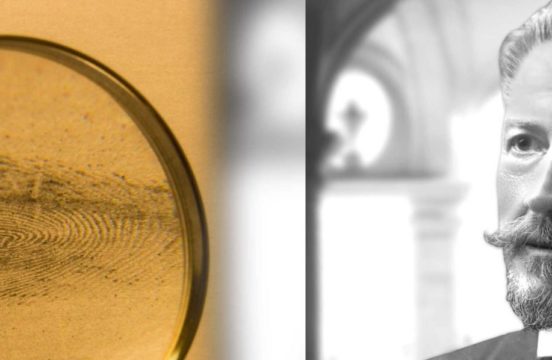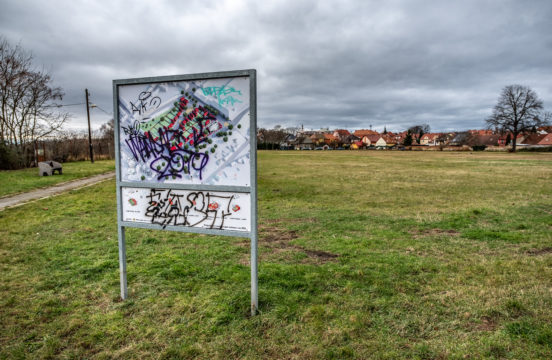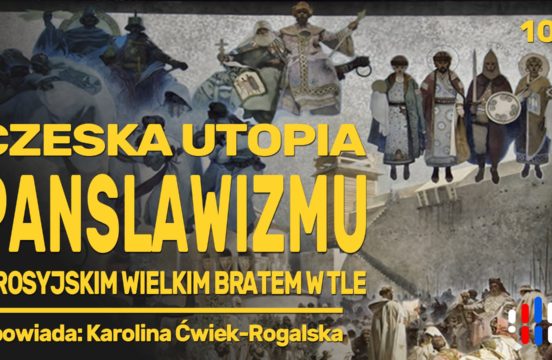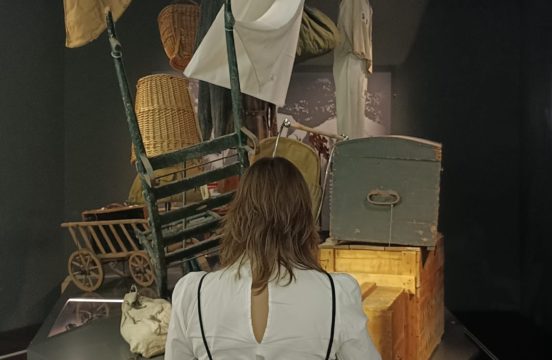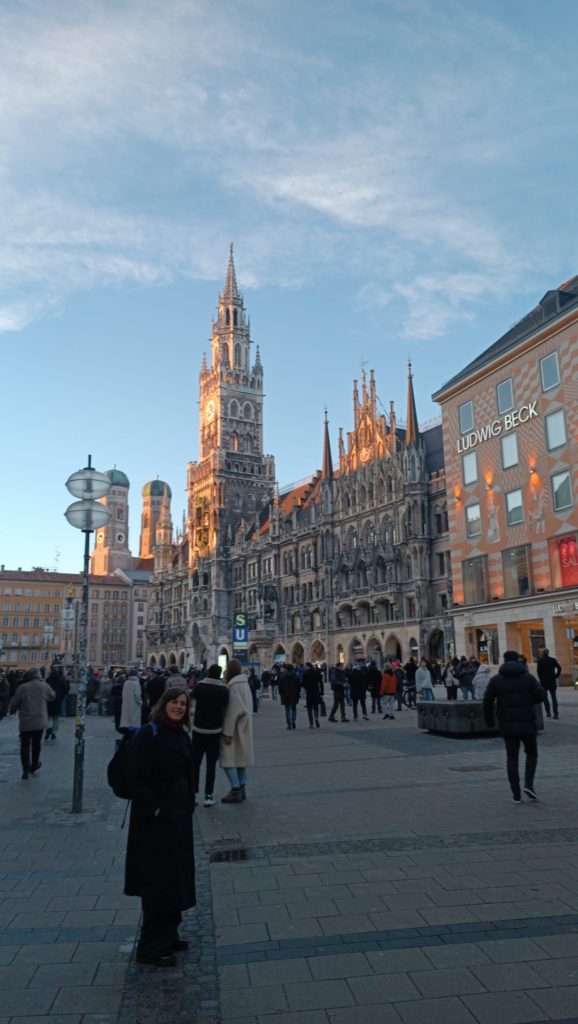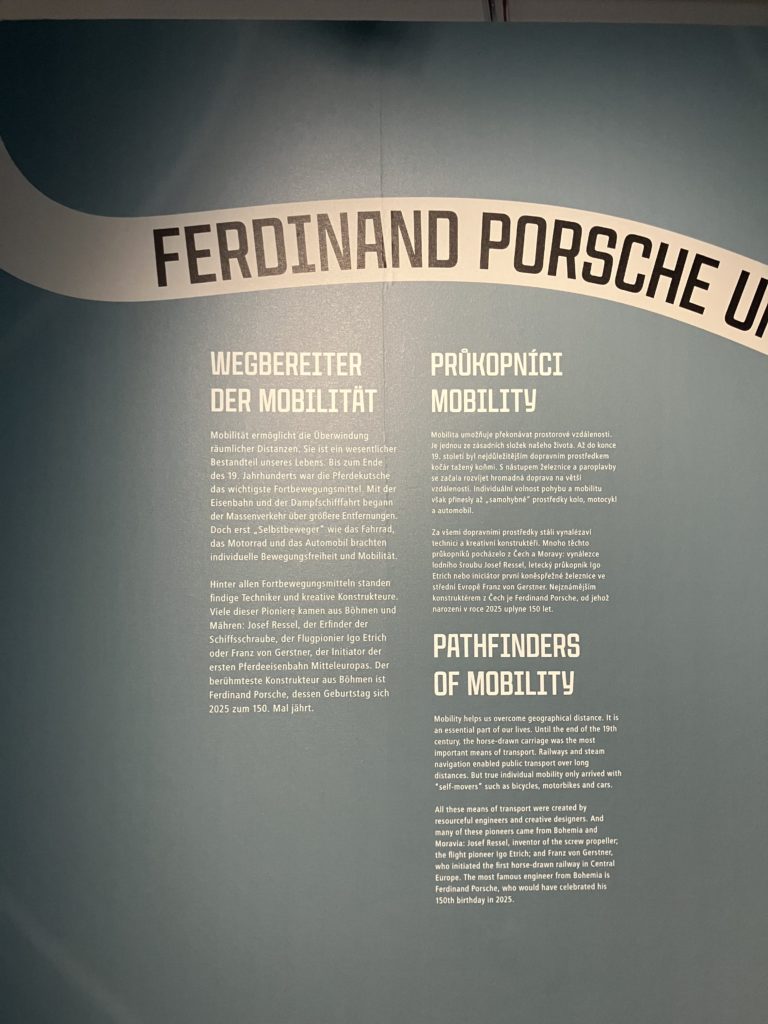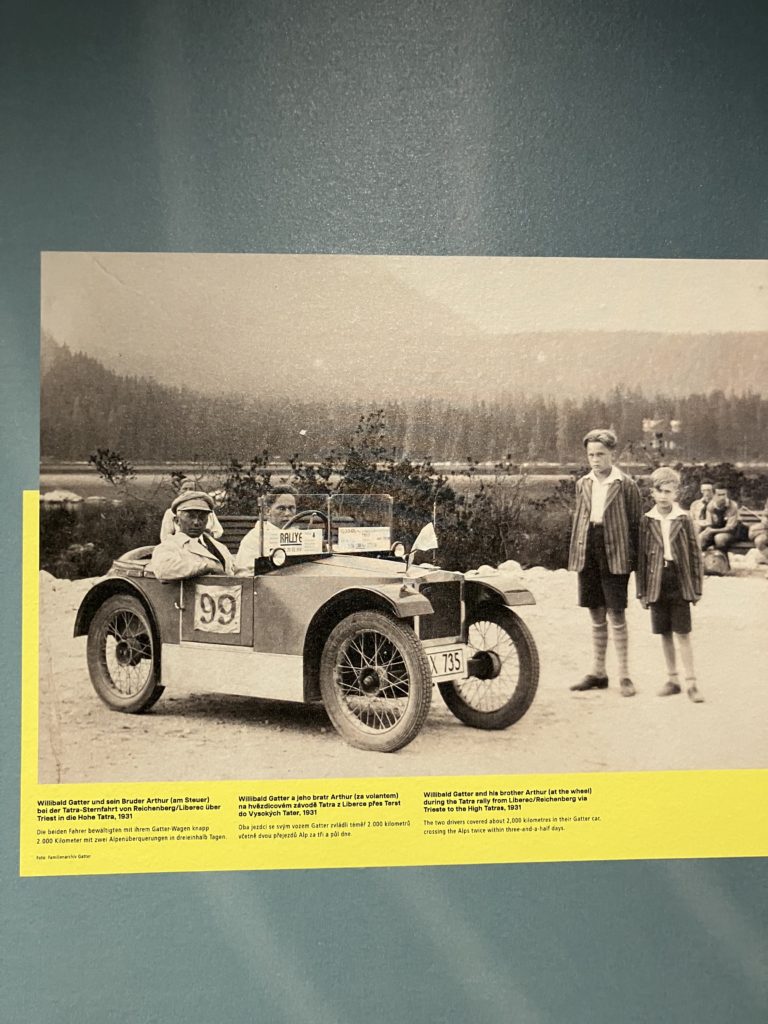The blog post was written by Angelika Zanki, research facilitator and manager in Spectral Recycling grant.
What do fingerprints, migration and Jacques Derrida have in common?
Starting with the invention of fingerprint identification by Juan Vucetich’s, Sherlock Holmes from Hvar, Angelika moves into a haunting reflection on Croatian emigration to South America, inspired by Derrida’s concept of hauntology.
The homeland appears here as a specter – geographically absent, yet powerfully present through language, rituals, music, religion, and religion in the collective memory of a diaspora. How do diaspora communities sustain an imagined Croatia that shapes everyday life and can even mobilize political action, especially in moments of crisis like the war of the 1990s?
This is a story about how the past returns, not as something fully present, but as a force that still acts, insists, and shapes the present.
Link to the blog post you can find here.









